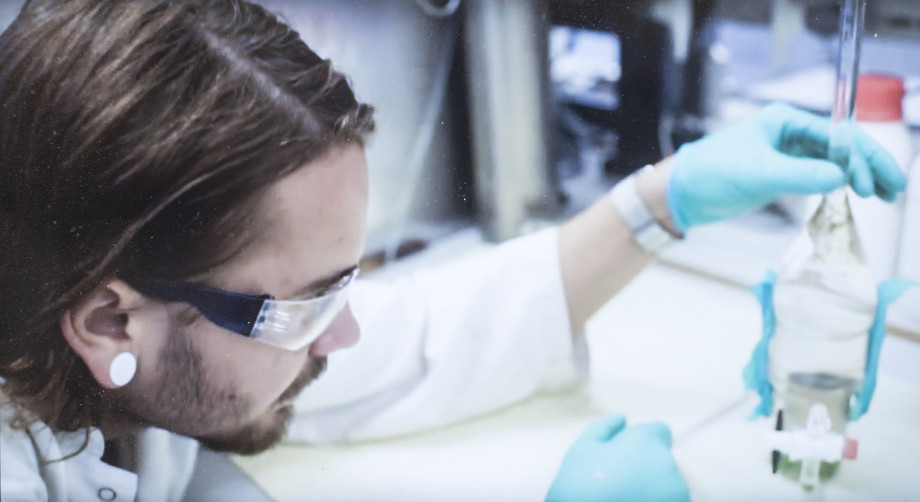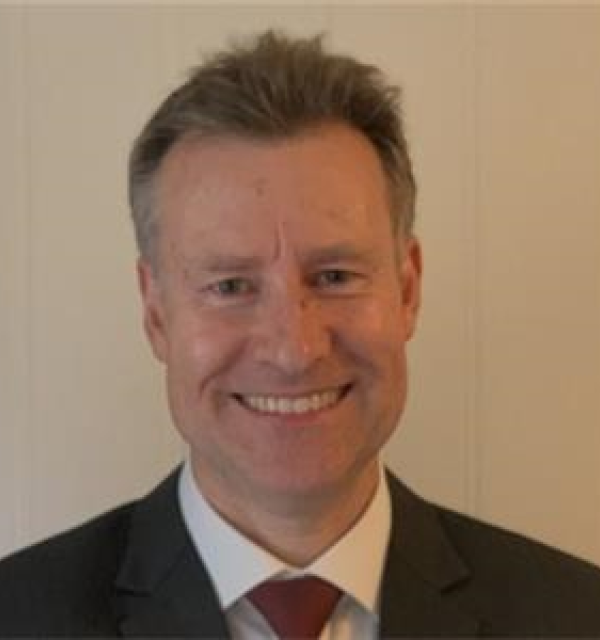Norway is recognised worldwide as a leader in the advances of offshore industry, and the University of Stavanger has close ties with the local and international industry.
2 years (4 semesters)
English
August every year

This master programme will provide you with advanced knowledge of petroleum wells in a life cycle perspective; from design and drilling via operation, control and production, to plugging and abandonment.
This knowledge is based on classical topics like physics, mechanics, chemistry and fluid flow; but also specialised topics like reservoir technology, rock mechanics and material technology. These are all required within the primary application which is petroleum exploration and production. The study programme also concerns applications down-stream, like energy technology, as well as mathematical modelling and computer programming.
The master programme in petroleum engineering is offered to international and Norwegian students, and all teaching activities are conducted in English. This is an advantage for you as a student, since you are educated to work in an international industry, where English is the working language.
Academic requirements
A bachelor's degree within the following disciplines is required:
- Energy- and Petroleum Engineering
- Geosciences with at least 20 ECTS credits in energy- and petroleum engineering courses
Applicants with a bachelor’s degree in other engineering disciplines may also be considered if they document at least 20 ECTS credits in energy- and petroleum engineering courses
Applicants must have the equivalent of 25 ECTS credits in mathematics, 5 ECTS credits in statistics and 7,5 ECTS credits in Physics.
Admission to this master's programme requires a minimum grade average comparable to a Norwegian C (according to ECTS Standards) in your bachelor's degree. Applicants with a result Second-class lower Division or lower are not qualified for admission.
Application and admission
Contact
For inquiries regarding admission to international Master's programmes, send an email to: admissions@uis.no
Student life at UiS
Student organisation:
Frequently asked questions
Here are some of the most common questions we get about studying geo and energy related subjects at the University of Stavanger.
Is it possible to take the study as a distance student?
Some of the subjects included in the study program may be taken digitally as a distance student. However, several of the subjects on the program have compulsory laboratory activities, which requires that one is present. You can always consult with the study coordinator or lecturers if you are wondering if a specific course can be completed digitally.
Can I take this study part time?
We do not have a separate part-time plan for this study. But you get the right to study for 3 years by admission to the master's program, with the possibility of a fourth year to complete. This means that you can set up an individual education plan that is not a full-time study. It is a good idea to contact the study coordinator so that you can make a plan together.
How do I find my way around campus?
Our electronic map (MazeMap) takes you straight to the room or auditorium you are looking for. The map also contains other important information about buildings and outdoor spaces.
Does UiS have an overview of laboratories and lab equipment? What kind of microscopes are available?
The URLabs platform gives you a good overview of what equipment is available in the various laboratories at UiS. Here you can also book an appointment and check out the manuals and tools tutorials.
Contact
Faculty Administration TN
Kontor for utdanningsadministrative tjenester
Department of Energy and Petroleum Engineering



